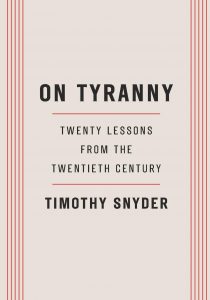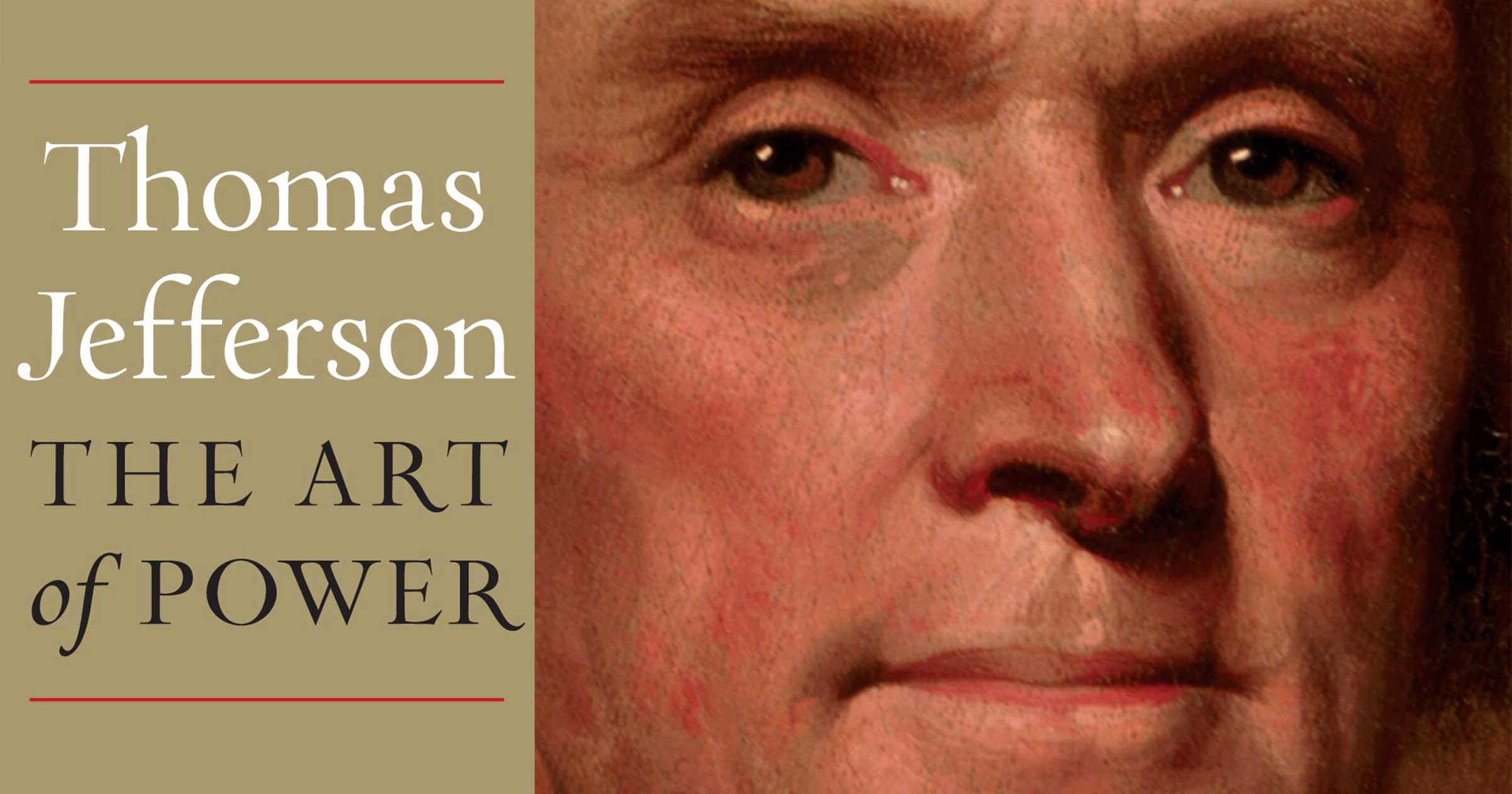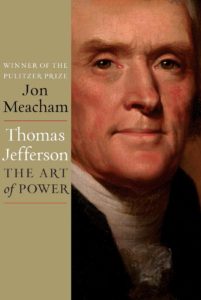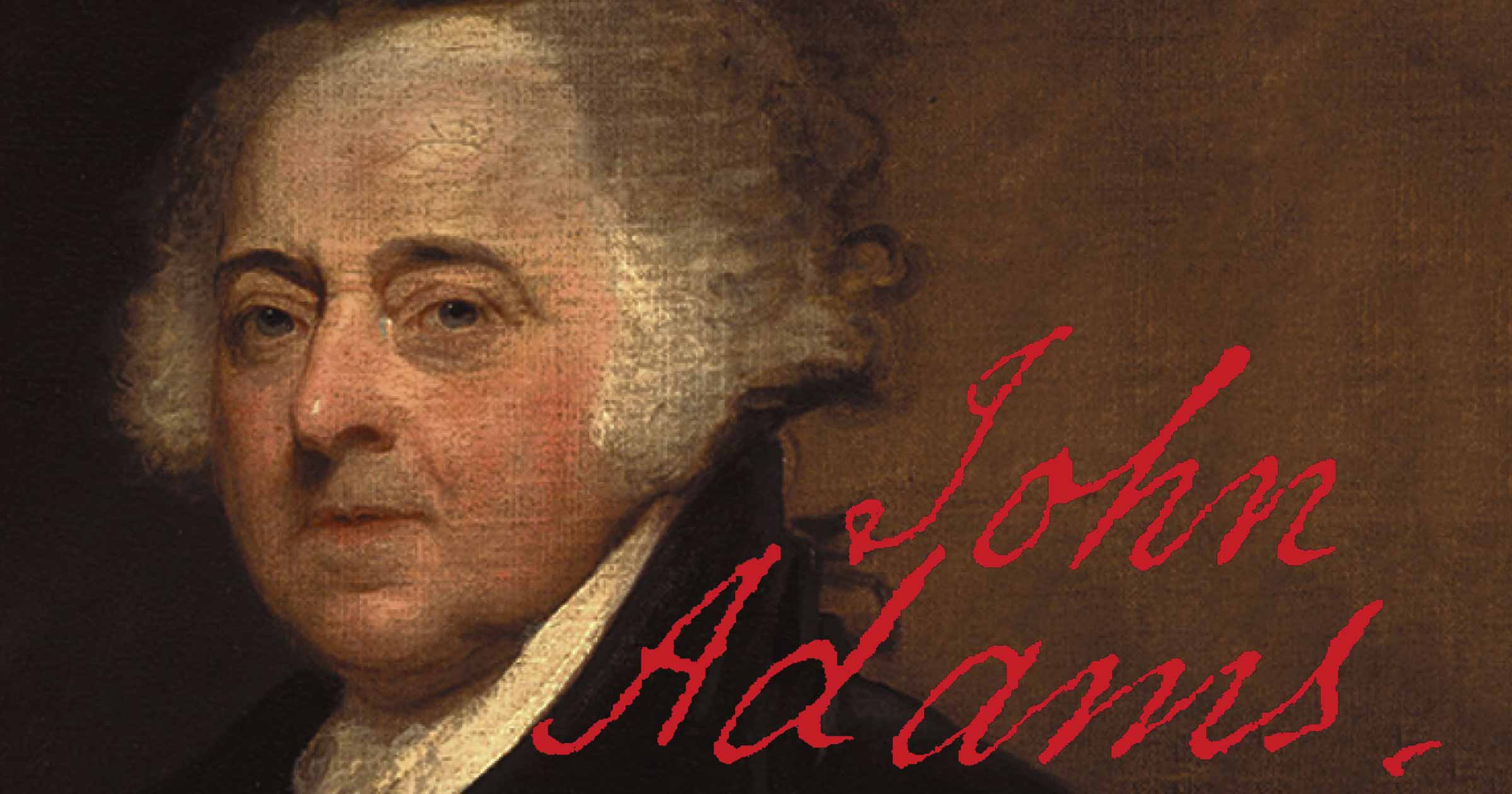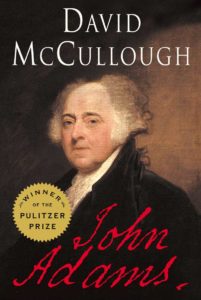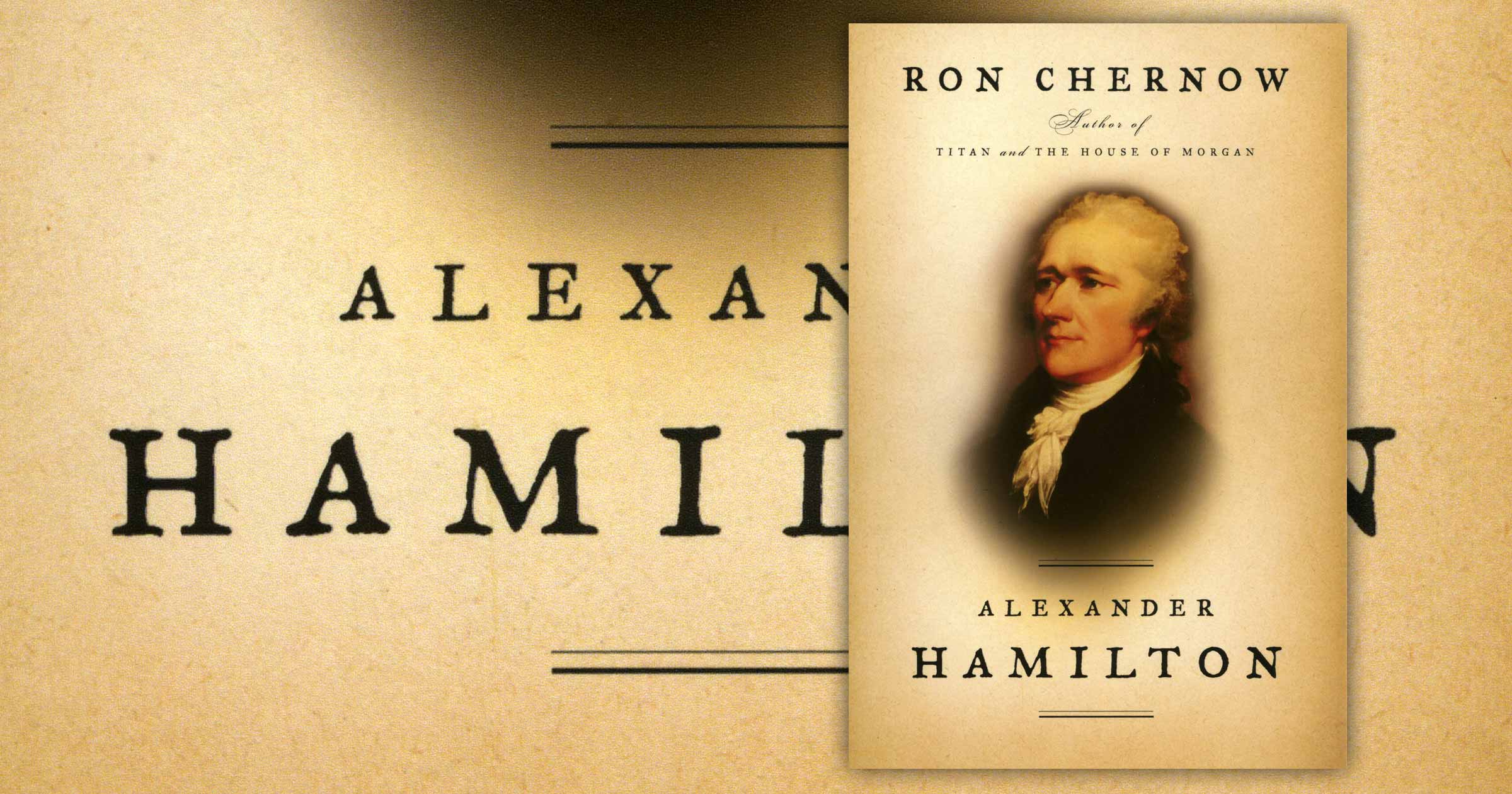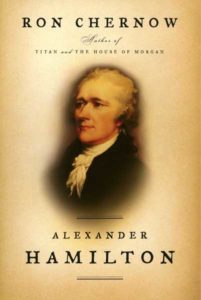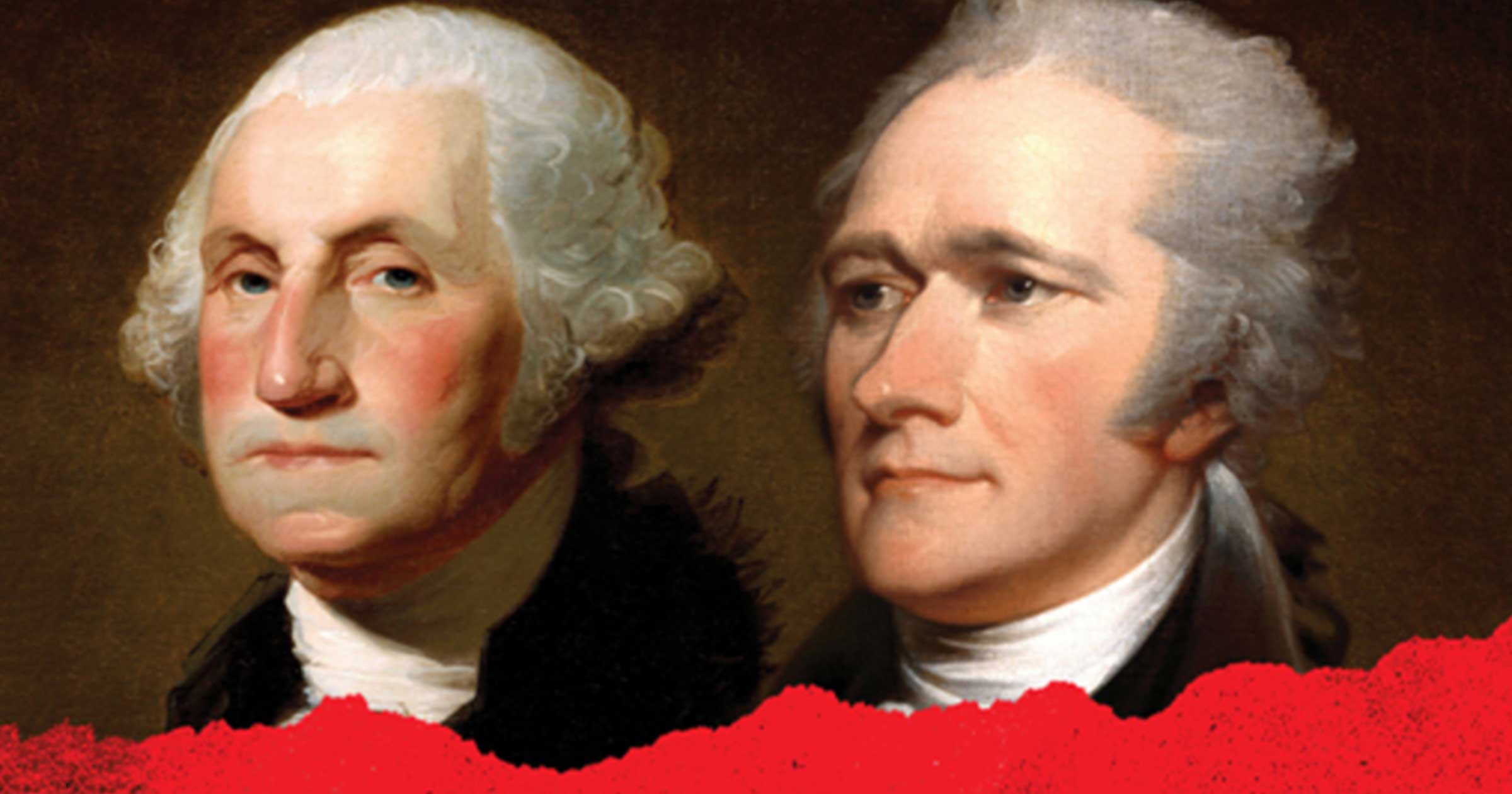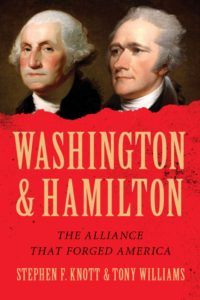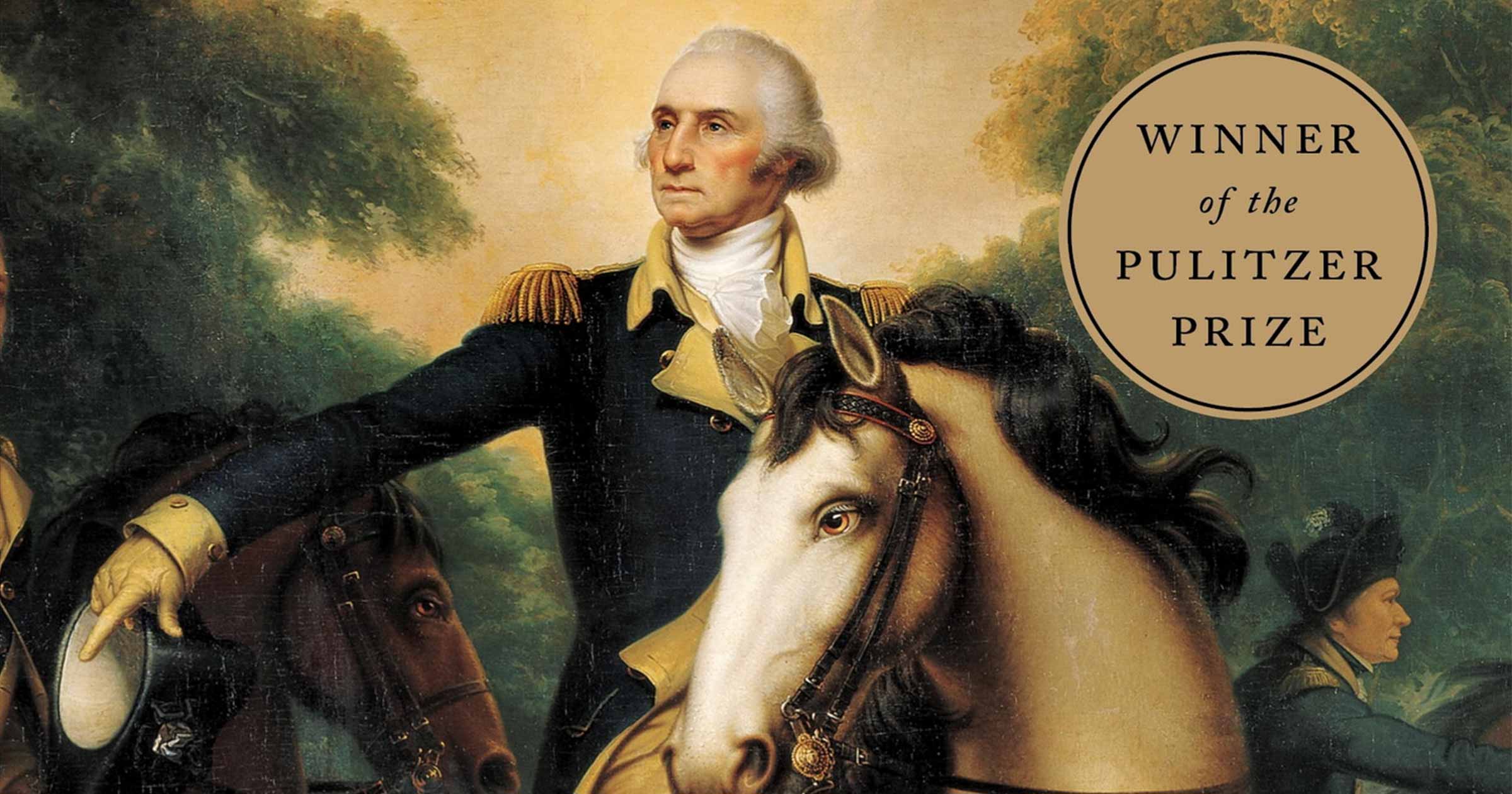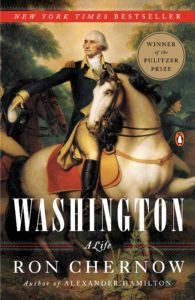Description
The Founding Fathers tried to protect us from the threat they knew, the tyranny that overcame ancient democracy. Today, our political order faces new threats, not unlike the totalitarianism of the twentieth century. We are no wiser than the Europeans who saw democracy yield to fascism, Nazism, or communism. Our one advantage is that we might learn from their experience.
On Tyranny is a call to arms and a guide to resistance, with invaluable ideas for how we can preserve our freedoms in the uncertain years to come.
My Thoughts
This book is a fairly quick read (130 pages) with a lot of good reminders and lessons from the Twentieth Century.
I thought the first half was very good and the ending was good; the 50–80% range felt like he was stretching a bit to come up with an even 20.
Highlights
Both fascism and communism were responses to globalization: to the real and perceived inequalities it created, and the apparent helplessness of the democracies in addressing them.
Page 12
You submit to tyranny when you renounce the difference between what you want to hear and what is actually the case.
Page 66
As observers of totalitarianism such as Victor Klemperer noticed, truth dies in four modes.
The first mode is the open hostility to verifiable reality, which takes the form of presenting inventions and lies as if they were facts.
…
The second mode is shamanistic incantation. As Klemperer noted, the fascist style depends upon “endless repetition,” designed to make the fictional plausible and the criminal desirable.
…
The next mode is magical thinking, or the open embrace of contradiction.
…
The final mode is misplaced faith. It involves the sort of self-deifying claims the president made when he said that “I alone can solve it” or “I am your voice.”
Pages 66–8
A Nazi leader outmaneuvers his opponents by manufacturing a general conviction that the present moment is exceptional, and then transforming that state of exception into a permanent emergency. Citizens then trade real freedom for fake safety.
Page 100
A nationalist encourages us to be our worst, and then tells us that we are the best.
A patriot, by contrast, wants the nation to live up to its ideals, which means asking us to be our best selves.
A patriot has universal values, standards by which he judges his nation, always wishing it well—and wishing that it would do better.
Page 114
History gives us the company of those who have done and suffered more than we have.
Page 125

